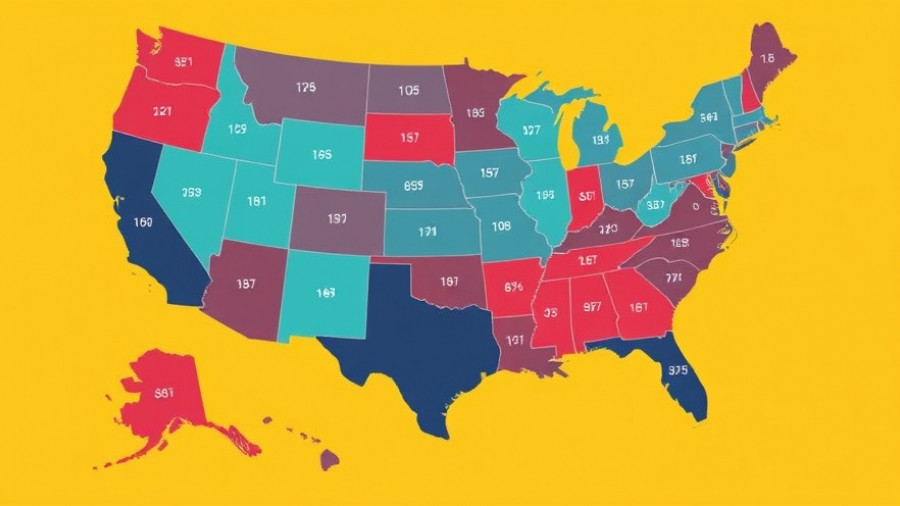
Breaking the Silence: Women Speak Up About Menopause
Over the past five years, Bonafide's State of Menopause surveys have revealed important insights about how women navigate the intricacies of menopause. Beginning in an era marked by silence, confusion, and misinformation, the findings indicate a gradual shift; however, significant gaps in understanding and support still exist. According to the latest survey, many women report a lack of clarity around the menopause transition, with nearly half admitting that they didn't know the difference between perimenopause and menopause before experiencing symptoms.
Challenges of the Menopause Journey
As the surveys progressed through the years, a consistent theme emerged: many women felt isolated and misunderstood during this natural phase of life. The 2021 report found that a staggering 73% opted not to treat their symptoms, favoring a stance of 'toughing it out.' This not only underscores the cultural stigma surrounding menopause but also reflects a larger problem of invisibility in healthcare discussions. With only 31% discussing symptoms with a healthcare provider, it's clear that more must be done to empower women to voice their experiences.
Progress in Menopause Awareness
Fast forward to 2025, initiatives like the Menopause Society's $10 million NextGen Now program aim to improve training for healthcare professionals. With a focus on educating the next generation of women's health practitioners, this initiative intends to bridge the gap in knowledge that has historically left many women unsupported. The emphasis is on evidence-based resources to equip healthcare providers so they can better serve women navigating menopause.
Breaking Taboos: Embracing the Conversation
Moreover, educational series such as Aspen Pharma's Menopause Talks provide expert-led discussions designed to clarify common misconceptions and foster open dialogue. By making such content accessible in various languages, they aim to normalize conversations around menopause and diminish the stigma attached to it, helping women feel empowered rather than burdened by this life transition.
The Path Forward: Empowerment through Education
As we navigate this evolving landscape, it’s crucial that women continue to advocate for themselves and seek information from credible sources. The shifting perspectives within society are encouraging, suggesting that the narrative around menopause is becoming less taboo and more about community support and shared experiences. With continued effort, the aim is not only to generate understanding but also to create environments—both medical and professional—that accommodate women's needs during this transitional phase.
As discussions around menopause become increasingly normalized, women are encouraged to seek out education, support, and resources. Together, we can move towards a future where menopause is understood not as a private burden but as a pivotal transition worthy of open conversation and care.
 Add Row
Add Row  Add
Add 




Write A Comment